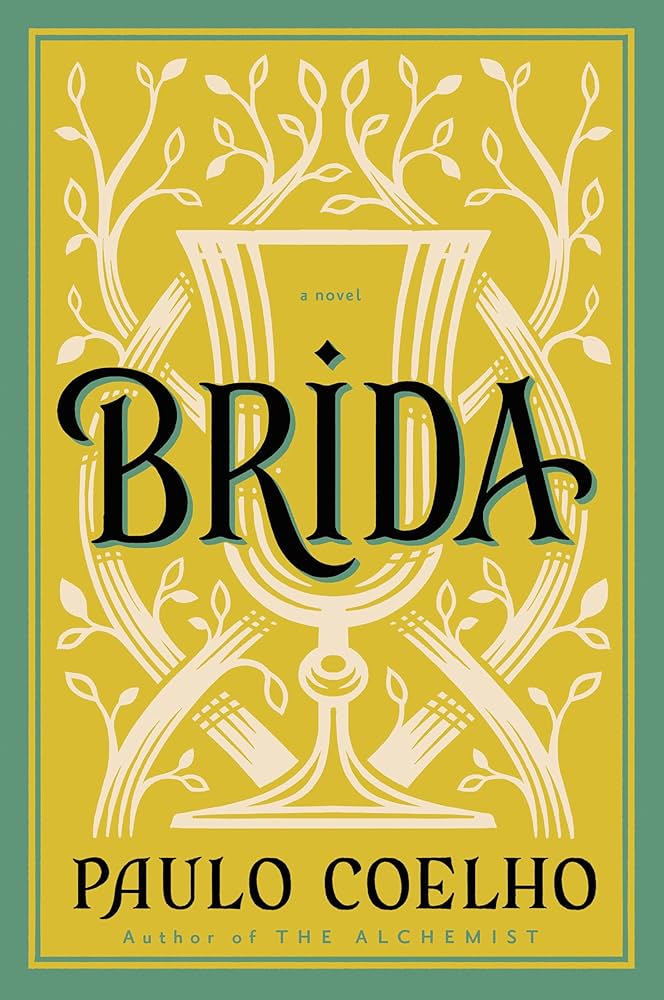
Adultery
Book Description
What happens when desire collides with the mundane? In a world defined by routine and predictability, a woman's quest for passion leads her down a treacherous path of betrayal and self-discovery. Caught between the safety of her stable marriage and the intoxicating allure of a forbidden affair, the stakes escalate as she confronts her deepest fears and desires. With each encounter, the lines blur between love and lust, freedom and confinement. Can liberation ever truly come without sacrifice? As she spirals deeper into a whirlwind of emotions, will she choose to reclaim her identity or lose herself forever?
Quick Book Summary
"Adultery" by Paulo Coelho is a deeply introspective novel that explores the complexities of desire, identity, and personal fulfillment within the confines of modern life. The protagonist, Linda, is a journalist living in Geneva who outwardly has it all: a loving husband, successful career, and beautiful family. Yet beneath this veneer of perfection, she feels a profound sense of emptiness and stagnation. When she reconnects with Jacob, a former lover turned influential politician, Linda plunges into an intense affair that disrupts her orderly life. The novel delves into Linda’s internal conflict as she oscillates between her obligations and her yearning for passion, ultimately questioning whether true happiness lies in stability or risk. Through her tumultuous journey, Coelho invites readers to reflect on the cost of liberation, the meaning of fidelity, and the search for authentic selfhood.
Summary of Key Ideas
Table of Contents
The Conflict Between Stability and Desire
Linda, the protagonist, is a successful journalist settled in Geneva with a devoted husband and two children. Despite the outward stability of her life, Linda is plagued by apathy and a sense of inward numbness. The monotony of her daily routine and the polite predictability of her marriage begin to weigh her down, leading to a growing sense of dissatisfaction. The novel captures Linda’s mounting frustration and the way she questions her choices, setting the stage for the emotional turbulence that follows.
The Search for Personal Identity
Linda’s life takes an unexpected turn when she interviews Jacob, a charismatic politician and ex-boyfriend from her school days. Their subsequent affair acts as a catalyst, awakening dormant emotions and breaking the monotony she has come to despise. However, the affair is not merely about forbidden desire—through Jacob, Linda is confronted with the realities of risk, the fragility of trust, and the boundaries of her own morality. The narrative delves into her psychological turmoil as she grapples with guilt, secrecy, and the thrill of passion.
The Consequences of Choices and Freedom
Linda’s internal conflict intensifies as she becomes more deeply entwined in the affair. She experiences intense highs and lows: drawn by the excitement of temptation yet plagued by bouts of guilt and self-loathing. Through introspective moments, she reflects on the true meaning of freedom and the roles assigned to her by society and family. Linda’s actions affect those around her, forcing her to consider the consequences of her choices—not just for herself but for the people she loves most.
The Nature of Love and Infidelity
Throughout the novel, Linda’s journey serves as an exploration of love, fidelity, and the boundaries individuals draw within relationships. The narrative questions whether genuine happiness can coexist with routine and whether liberation is only achievable through sacrifice. Coelho weaves philosophical musings into the story, prompting readers to ponder the true nature of passion and the thin line between freedom and selfishness. Linda’s ordeal becomes a metaphor for the universal longing for meaning amid life’s routines.
The Path to Self-Discovery and Redemption
In the aftermath of her actions, Linda is compelled to confront her motivations and search for forgiveness, both from herself and those she has hurt. Her journey culminates in a painful but necessary process of introspection and self-acceptance. By the end, Linda seeks redemption and a renewed sense of identity, realizing that true fulfillment can only emerge from confronting one’s deepest truths. The novel closes with a message of hope and the possibility of reinvention, emphasizing that self-discovery is both a difficult and transformative path.
Download This Summary
Get a free PDF of this summary instantly — no email required.





